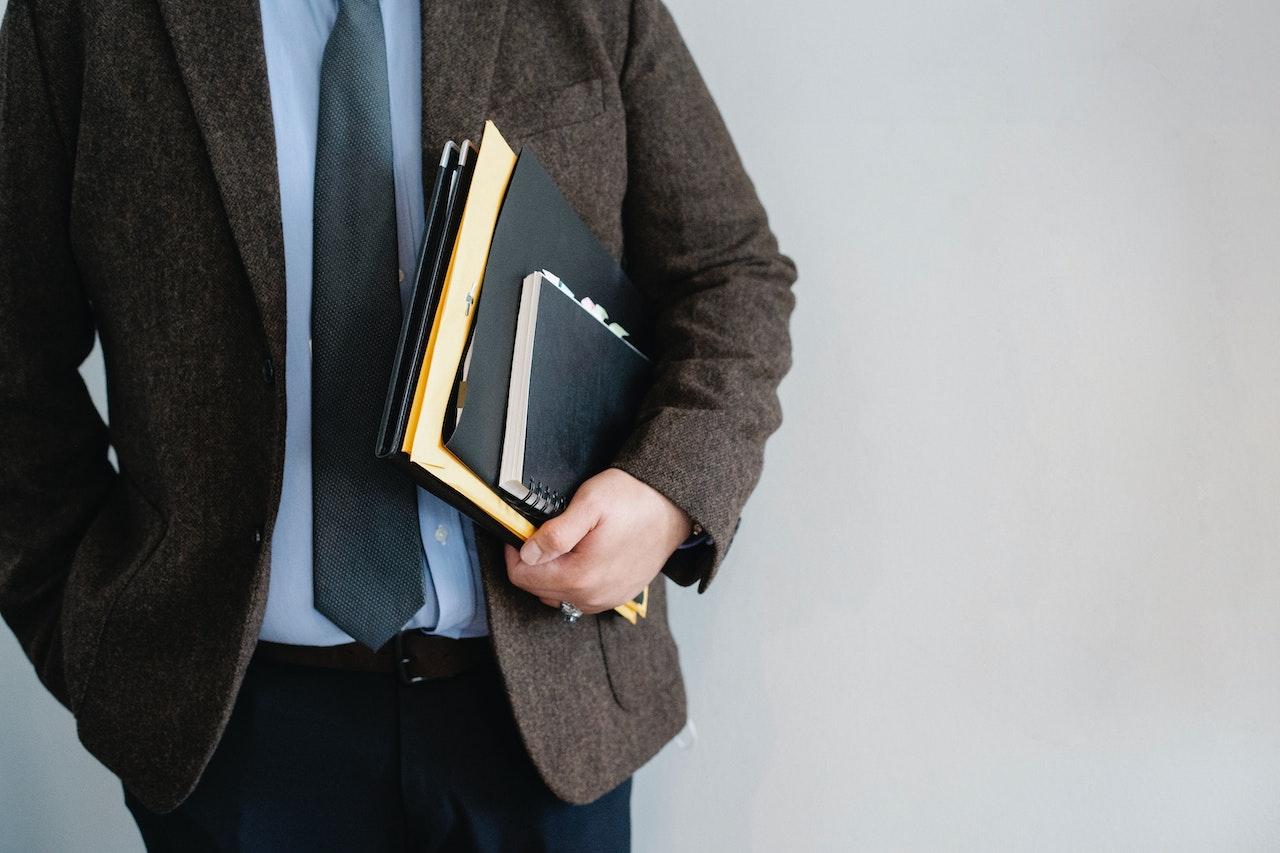Is Your Expert An Amateur?

In a recent edition of Update, the magazine of The Academy of Experts, Merryck Lowe, a forensic partner at BDO, wrote this:
“There was a time when a reasonably competent professional accountant could feel comfortable if called upon to give ‘occasional’ evidence to our Courts, without further training or experience and without feeling that only specialists acted as expert witnesses.”
That was then, but now it’s serious. Courts of law are no longer the place for enthusiastic amateurs. Just as solicitors must work to ever higher standards (and for less reward?) so too must the accountant who professes to be an expert, for s/he must be a member of two professions: an excellent accountant who can explain technical matters clearly and persuasively, but also a trained and experienced expert witness.
Of course you will choose your experts carefully so as not to waste the good work you have put into a case, but few appreciate just how many skills an expert must have these days, and how taxing it is to be a member of this second profession.
I have been a full-time expert accountant now for over 30 years, when I passed my audit practice to other partners on being appointed expert defence accountant to the chairman of Barlow Clowes (remember that? The first really big Ponzi scheme!). I worked on that case full-time with a team of six for eight months, and my report of 43 ringbinders was agreed by the Serious Fraud Office – I’m a fast learner! And our client was found Not Guilty on all charges, whereas Peter Clowes the MD – not my client – was jailed for 10 years. I had learned how to be an expert at The Academy of Experts, but found at later trials that I was often against a chartered accountant who didn’t know the first thing about expert evidence, and who did his client no favours at all.
This was not good. Not only did it not help the client, but there was a risk of the chartered accountancy profession being brought into disrepute – think Professor Sir Roy Meadow with the medical profession.
So when I was selected as a member of committee for the Forensic Special Interest Group at ICAEW, the idea I brought was for an accreditation scheme – for the ICAEW to award a kite mark to those members who had taken the trouble to learn this second profession, and who could be relied on to write a CPR compliant report to a high standard, to manage a meeting of experts, to understand Part 36, to understand the dynamics of mediation, and to give excellent expert testimony.
It took 8 years, but now we have it. One can now be accredited as a forensic accountant by ICAEW in partnership with The Academy of Experts as an accredited expert witness. Look on either organisation’s website, and you will find lists of the very few accountants who have reached this gold standard. The list of accredited accountants is here. And it is sobering to think that, out of 155,000 English chartered accountants, there are only 75 who have reached this gold standard.
There’s more.
In Jones –v Kaney, the Supreme Court removed from experts the immunity from suit which they had always enjoyed. This was a shocking example of an expert being out of her depth. Miss Kaney, a clinical psychologist, was cajoled by her opposing expert into signing a Joint Statement of Experts which he had drafted, which did not reflect what she had agreed, and which she later admitted she had not even read! There was discussion among their lordships, and since, about whether this would discourage experts from acting. It hasn’t, at least not among the group of forensic accountants and expert witnesses known to me. And nor should it; the dabblers should be discouraged, certainly, but serious experts have nothing to fear if they continue to act with reasonable diligence and competence. The point is that being an expert accountant is not simply a sexy thing to do between audits – this is where we came in – but a serious professional activity, only to be practised by those who have had the extra training and experience necessary.
Then there’s the Hot Tub. This is an arrangement where at trial both experts sit in the witness box at the same time (if space allows!) and the judge chairs a discussion between both counsel and both experts. It saves time and allows the important matters to be flushed out. Any of them can ask questions of any other, and everyone must be on their toes and know their case inside out; so there is no place for the partner from the big firm with a team of accountants working for him, who takes over the case when the trial is imminent. Of course, there is still a place for such team working, but the accountant who is to give evidence must know every scrap of evidence and must be intellectually nimble enough to see the case in the round, to see the gaps in the other side’s evidence, and to meet challenges even from the expert accountant from the other side, not just being cross-examined at a leisurely pace by a barrister whose knowledge of financial matters may be shallow.
The reader may not know much about the hot tub yet, but it is certainly coming. It has been used in Australia for some time, and to a limited extent in arbitrations in the UK, where I have had experience of it. Their lordships believe it leads to savings in costs, so of course it will become more popular.
The moral is self-evident: choose your expert accountant very carefully, and don’t let a dabbler spoil your good work.
Now it’s serious.
